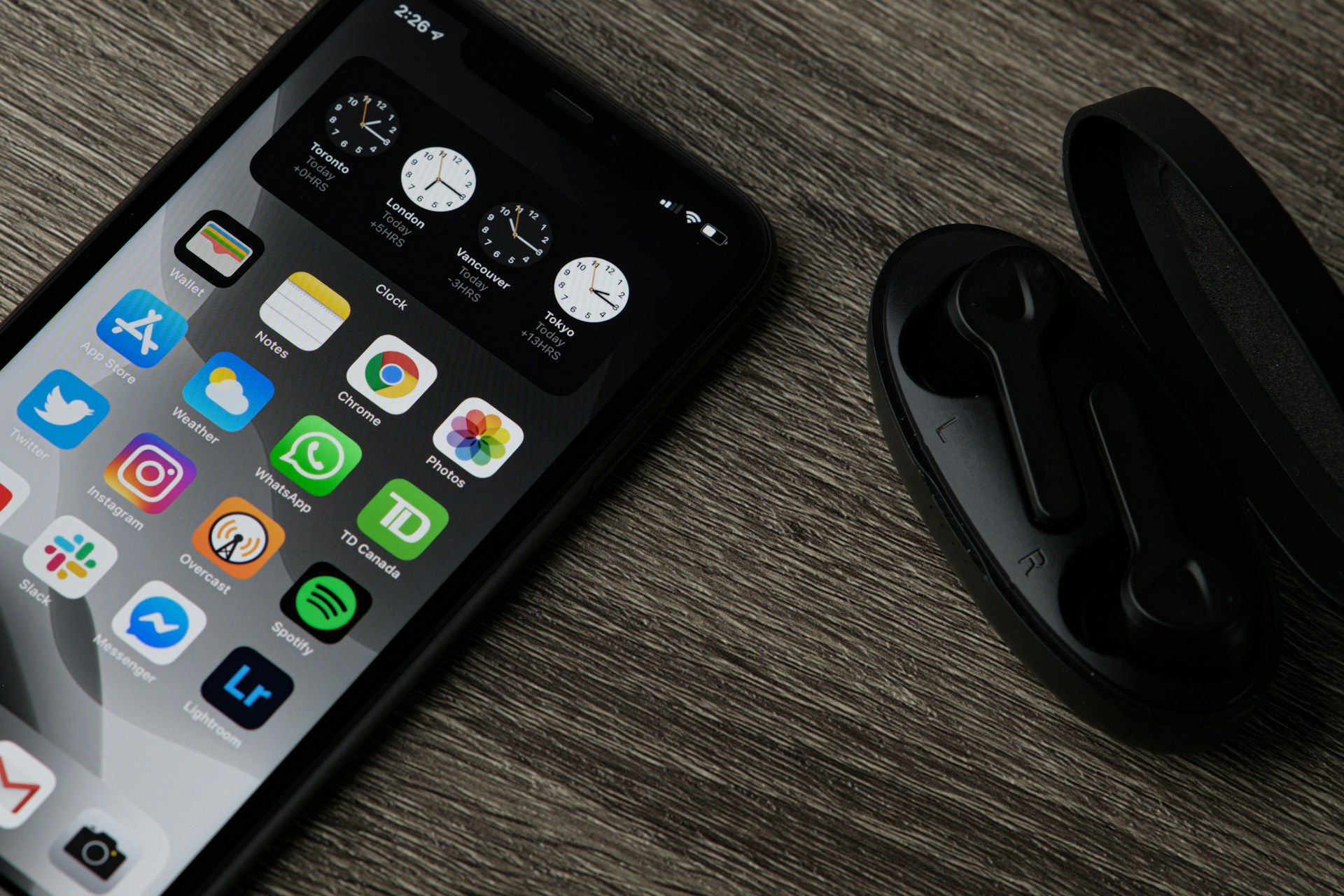Embark on a journey into the world of mobile app development with our Mobile Development Course. Designed for beginners and aspiring developers, this course provides a comprehensive introduction to building mobile applications for iOS and Android platforms. Learn essential programming languages, tools, and frameworks used in mobile development, and gain hands-on experience to create functional and user-friendly apps. Whether you’re looking to start a career as a mobile developer or enhance your skills in app creation, this course offers a structured approach to mastering mobile development.
Module 1: Introduction to Mobile Development
Lesson 1.1: Overview of Mobile App Development
- Introduction to mobile app development concepts.
- Understanding the role of mobile developers.
- Overview of mobile platforms: iOS, Android, cross-platform.
Lesson 1.2: Mobile Development Life Cycle
- Stages of mobile app development: Planning, design, coding, testing, deployment.
- Introduction to Agile and DevOps practices in mobile development.
Lesson 1.3: Mobile Development Tools and Environment Setup
- Setting up mobile development environments: Xcode, Android Studio.
- Overview of integrated development environments (IDEs) and emulators.
- Best practices for mobile development setup and coding.
Module 2: Programming Foundations for Mobile Development
Lesson 2.1: Programming Languages for Mobile Development
- Introduction to Swift (iOS) and Kotlin (Android).
- Overview of syntax, variables, and data types.
- Basics of control structures (loops, conditionals, functions).
Lesson 2.2: Object-Oriented Programming (OOP) Concepts
- Understanding OOP concepts: Classes, objects, inheritance, polymorphism.
- Utilizing OOP in mobile app development.
- Creating and managing objects in mobile apps.
Lesson 2.3: Error Handling and Debugging
- Best practices for error handling in mobile apps.
- Introduction to debugging techniques and tools.
- Practical exercises in error handling and debugging.
Module 3: User Interface and User Experience Design
Lesson 3.1: Introduction to UI and UX Design
- Understanding the principles of UI/UX design.
- Importance of intuitive and user-friendly design.
- Overview of design tools: Figma, Adobe XD.
Lesson 3.2: Building Mobile User Interfaces
- Designing mobile app screens and navigation flow.
- Implementing basic UI elements: Buttons, labels, text fields, image views.
- Using layout managers and constraints.
Lesson 3.3: Advanced UI/UX Design Techniques
- Implementing complex UI elements: Tables, lists, dynamic content.
- Best practices for mobile app navigation and flow.
- Conducting usability testing and gathering feedback.
Lesson 3.4: Custom UI Components and Animations
- Creating custom UI components and controls.
- Implementing animations and transitions in mobile apps.
- Enhancing user experience with visual effects.
Module 4: Mobile App Development Frameworks
Lesson 4.1: Introduction to Cross-Platform Mobile Development
- Understanding popular frameworks: Flutter, React Native.
- Comparison of cross-platform and native development.
Lesson 4.2: Building Mobile Apps with Flutter
- Introduction to Flutter widgets and components.
- Creating mobile apps using Flutter.
- Best practices for developing cross-platform mobile apps.
Lesson 4.3: Building Mobile Apps with React Native
- Introduction to React Native components and JSX.
- Creating mobile apps using React Native.
- Best practices for developing cross-platform mobile apps.
Module 5: Mobile App Connectivity and Services
Lesson 5.1: Understanding REST APIs and Networking
- Introduction to REST APIs and web services.
- Implementing HTTP requests and handling responses.
- Integrating network communication in mobile apps.
Lesson 5.2: Working with Databases
- Introduction to SQLite (iOS) and Room (Android) databases.
- Performing CRUD operations in mobile apps.
- Best practices for mobile app data storage.
Lesson 5.3: Integration with Cloud Services
- Understanding cloud storage and services: Firebase, AWS.
- Integrating cloud services with mobile apps.
- Implementing real-time data synchronization.
Lesson 5.4: Push Notifications and Background Services
- Implementing push notifications in mobile apps.
- Using background services and task scheduling.
- Best practices for managing app lifecycle and background tasks.
Module 6: Advanced Mobile Development Techniques
Lesson 6.1: Mobile App Security
- Understanding mobile app security threats.
- Implementing secure coding practices and encryption.
- Protecting user data and privacy.
Lesson 6.2: Performance Optimization
- Techniques for optimizing mobile app performance.
- Profiling and measuring app performance.
- Reducing app size and minimizing resource usage.
Lesson 6.3: Augmented Reality and Mobile Gaming
- Introduction to augmented reality (AR) development.
- Implementing AR experiences in mobile apps.
- Building simple mobile games and interactive experiences.
Lesson 6.4: Advanced App Distribution and Deployment
- Preparing mobile apps for distribution: App Store, Google Play.
- Understanding submission and approval processes.
- Best practices for app deployment and updates.
Module 7: Real-World Applications and Final Project
Lesson 7.1: Case Studies and Real-World Applications
- Analyzing successful mobile apps and campaigns.
- Learning from failures and lessons learned.
- Discussion of trends and emerging mobile technologies.
Lesson 7.2: Final Project and Presentation
- Planning and executing a comprehensive mobile app project.
- Presentation and evaluation of the final project.
- Review of key concepts and practical skills.
Additional Resources
- Recommended readings and online tutorials.
- Access to practice materials and mobile app development tools.
- Community forums and mobile development support groups.
Assessment and Certification
- Periodic quizzes and assignments.
- Final practical exam and project evaluation.
- Certification of completion upon meeting course requirements.
This curriculum aims to provide a thorough education in mobile development, from foundational knowledge to advanced skills, ensuring students are well-prepared for a career in mobile app development.




